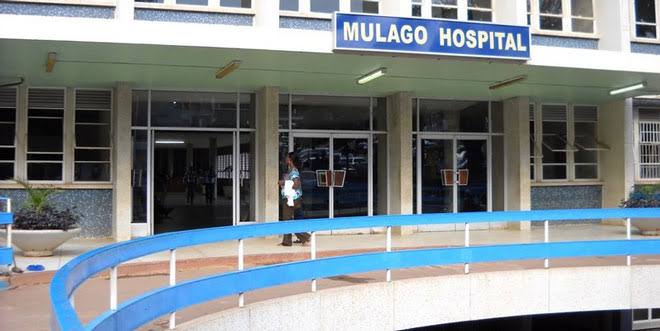Uganda has decided to fast track its urbanization. On July 1st this year, we shall have seven new cities! This will come with serious challenges like few and poor quality housing, destruction of the environment, the risk of eviction, poor sanitization, lack of clean water and electricity infrastructure, overcrowding, food insecurity, settlements in areas that are prone to natural calamities, lack of access to health facilities and increase in vulnerability of children, women and the poor and disadvantaged people.
Urbanization is a good thing. Development and urbanization go hand in hand. Urban centers attract innovators and entrepreneurs. It is through urban areas that we become linked to the rest of the world. Urban areas make the highest contribution to GDP and the tax base.
Urban areas are dense in population. This is propelled by increased birthrate and rural urban migration. Other factors that push people to leave rural areas are underemployment, poor conditions for farming and conflict. Better economic prospects are also mainly found in urban areas.
But urbanization requires secure land tenure and property rights. Without them urban areas cannot develop. Access to land is key in planning for current and future services. We must work therefore with the prevailing legal and institutional frameworks to ensure security of land tenure.
There’s a misconception that urban land belongs to the urban authorities. When a place is declared an urban authority nothing changes about the land ownership. Some urban authorities even give a leasehold over land which is held customarily. Urban authorities have the power to plan but not to allocate land.
Since 1995, when the new constitution was made and subsequently with the enactment of the Land Act in 1998, Municipalities and Town Councils which had power to allocate plots in urban areas in line with their urban plans had their power limited and are now exercised through District Land Boards and only regarding land which is vested in the State!
With the coming of the cities and declarations of various town boards, town councils and Municipalities, there’s need to draw clear boundaries to the powers of the urban authorities to avoid confusion.
Unfortunately, to-date, urban authorities continue to allocate land in their geographical jurisdiction, yet their power to do so ended in 1998. District Land Boards also continue to allocate land (correctly) but to people with no proper claim of ownership. The problem has however reduced because most of the urban areas have little or no land left to ‘allocate’.
With the declaration of new urban centers and the expansion of their boundaries, this problem is going to escalate. The urban authorities will erroneously think that they have become landlords over land which actually belong to the people.
Rural land that has now become part of the new cities have gained higher commercial value. The risk of those with financial or political muscle dispossessing the weaker members of the communities also now increased. Land governance and urban planning will be a challenge. Dealing with these issues require enormous political will, administrative savvy and the support of technical experts.
Customary land owners should get freehold titles. Those who own leases within the boundaries of the original urban centers should have their tenure expanded to 99 years! This will give a sense of ownership to the local people. If they decide to sell and relocate, they will have a better bargaining power. It will also enhance the value of their property and enable them to use the property as collateral to secure credit to upgrade their property rights or establish a business as a way to combat poverty. Urban authorities shouldn’t dispossess leasehold owners after a few months or years simply because they don’t have the means to develop the property to the standard of the city.
What is to be done? Review the land tenure options with a view to integrating informal tenure systems into formal tenure systems. In order to empower residents to challenge illegal developments the physical plan for the urban area should be public. Assess how upgrading infrastructure or new regulations will be. Build low cost housing for the disadvantaged people. Adopt a consultative and collaborative approach to ensure that people are not wrongly evicted or displaced.
Do you have a story in your community or an opinion to share with us: Email us at editorial@watchdoguganda.com











